There is something mystical about transforming native stone into buildings. It almost seems like magic since such structures were fashioned by hand without power tools or modern materials.


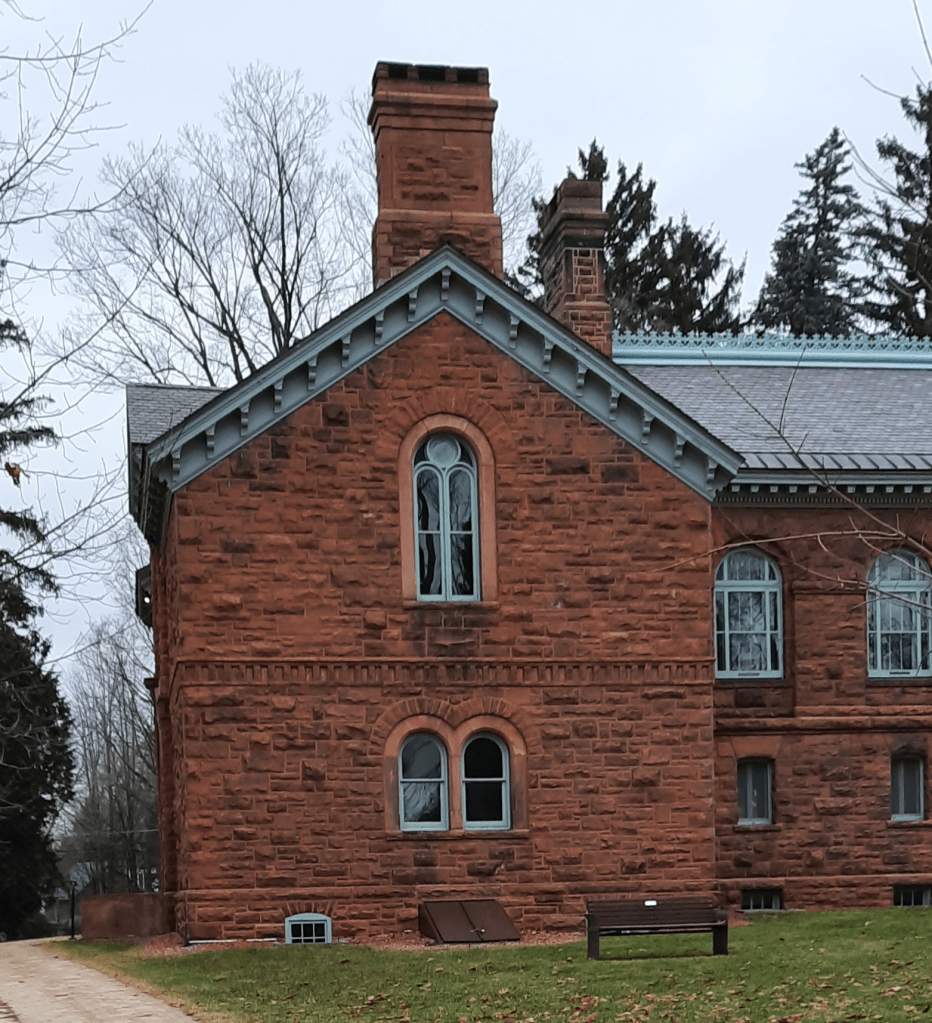

In my county, stone buildings were made from limestone or sandstone. These sedimentary rocks are a good choice for such construction because of their accessibility and layered quality.


I have always loved stone buildings but never knew how they were made until I went to Great Britain, where they dominated the landscapes.


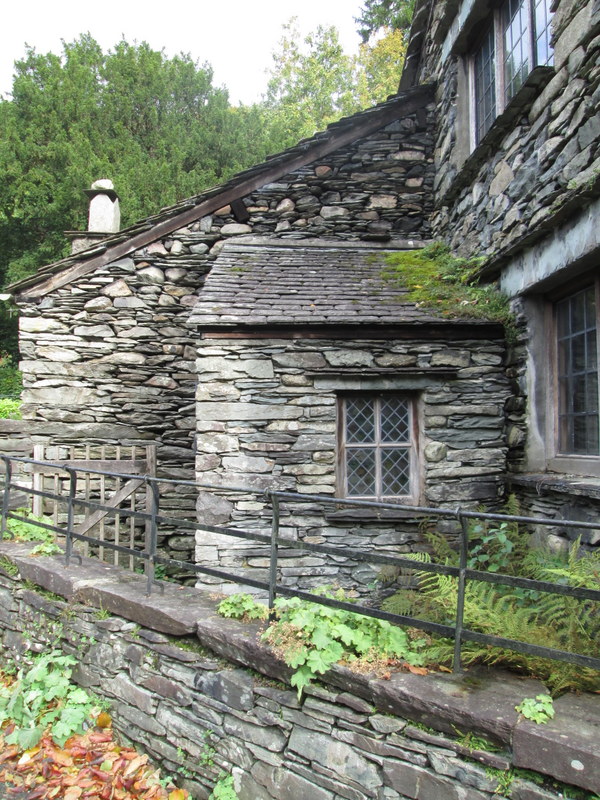



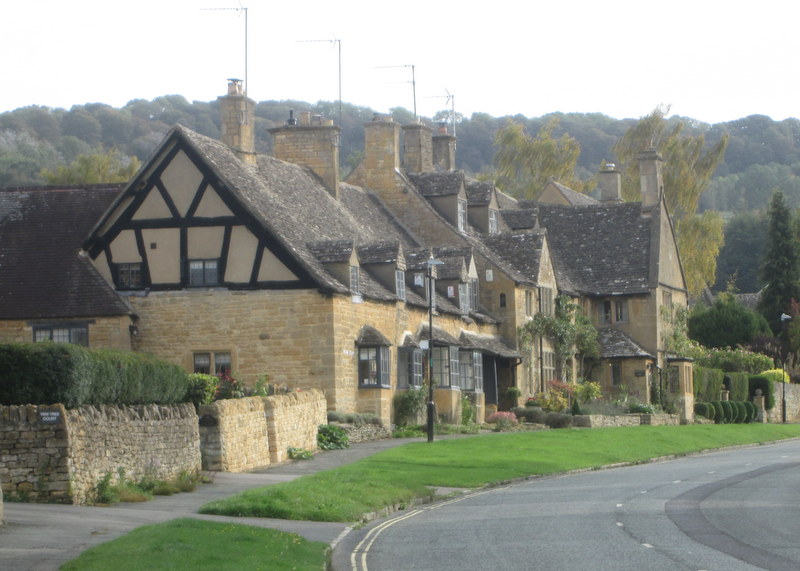
How did people accomplish this hundreds of years ago? I searched through books and found excellent online explanations, learning about the many different skills and crafts of people who successfully raised stones toward the sky. I wasn’t surprised to find the process complex and very time-consuming.
First came the stone cutters, who extracted the stone from its environment and manipulated it into manageable blocks.
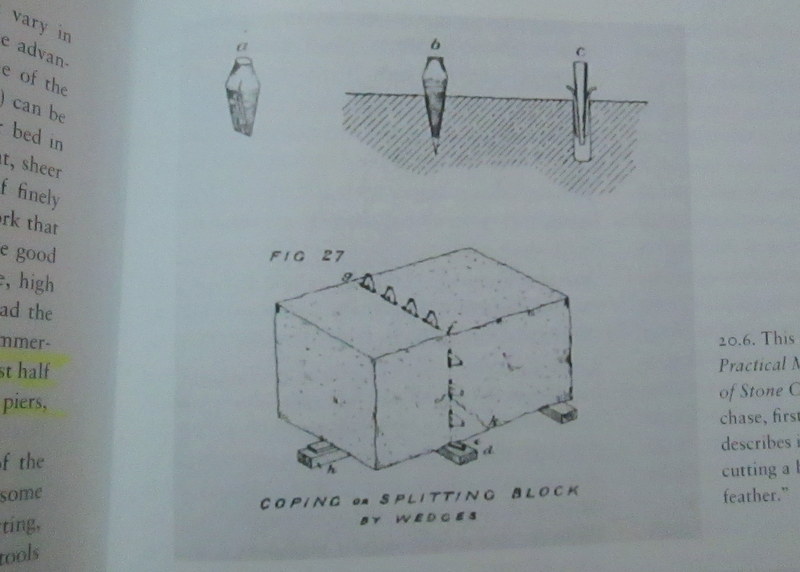
Then the blocks were turned over to the masons, a revered group of individuals held in awe by the early people of Great Britain for their almost magical skills. Without them, churches, castles, government buildings, and dwellings wouldn’t exist. Their expertise was in great demand and they were free agents, able to pick and choose where and what project they were willing to work on. They knew all the intricacies of construction and the mysteries of geometry and trigonometry. A lodge was built on every site as a place for them to work, relax, and discuss procedures. They drew their master plan on the wooden floors of the lodge since paper was scarce. These masons were the unquestioned project directors. They supervised the stone cutters, carpenters, blacksmiths, and common laborers.
The early people of Britain held them in awe, and soon, mythical tales and superstitious folklore about their unexplainable skills were spread. And this label, Freemason, passed down for centuries, is still used today to name a worldwide fraternal organization.
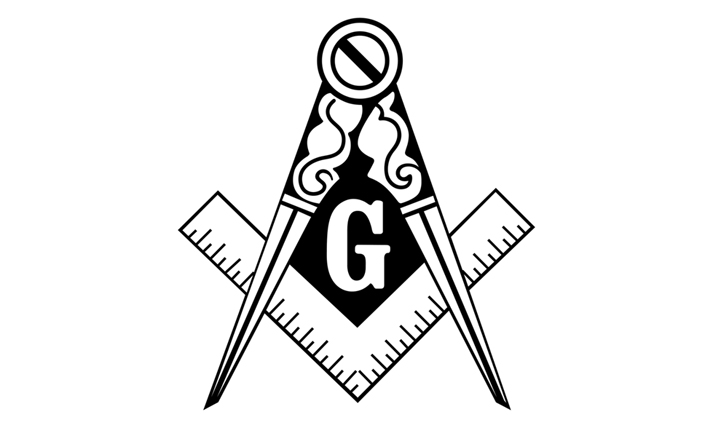
This was another wonderful connection between my life and what I experienced on my trip. I love it when this happens. More connections to come.
Copyright 2024 theautonomoustraveler.com All rights reversed.

If, as I suspect, you plan to write more about Freemasons, I’ll be very interested. I am from Great Britain, although now a resident of N.Y. My father was a Freemason in England, and I think that my brother may have been the first male in the family who refused to become one. I don’t know much about Freemasons in either location, their secrecy being what it is, but I do have the impression that they are rather different across the pond.
LikeLiked by 1 person
Hi, Diana. I was more interested in the stone craftmanship and the whole culture of the masons in their early history. As one of my sources indicated, the lives of these free masons provided the seeds for the future fraternal organization. The rituals and customs of those clubs evolved from that.
LikeLike
The structures you have displayed in your photographs are clear examples of the time and labor that went into these buildings. Even the much smaller stone fences, must have been back breaking work. Thank you for your glimpse into the Masons and construction of the past. Fascinating!
LikeLike
Thank you so much, Tammy! The skill and patience of those early craftsmen was really remarkable and commendable.
LikeLike
It’s truly difficult to imagine their talents and determination to work with their hands like this. Amazing.
LikeLike
Yes! In Great Britian stone buildings were the norm and they were, in many cases, so massive. The time and effort put forth is hard to imagine.
LikeLike